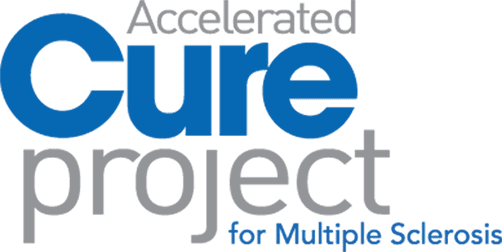If you have MS, you may someday need surgery for an unrelated health issue, like a bone fracture or hernia. While surgery is generally safe, it can present extra challenges. Because MS affects the nervous system, anesthesia, recovery, and healing may be more complicated. Factors like heat sensitivity, stress, and certain medications can also impact how your body responds. This article explores the potential risks and ways to support a smoother recovery.

Is anesthesia safe for people with MS?
All anesthesia carries a small amount of risk, but there is no indication that it affects people with MS more than people without the condition. There are three types of anesthesia that are used for surgical procedures:

Local anesthesia numbs a specific area by blocking nerve pathways to stop pain signals from reaching the brain. It takes effect within minutes and wears off in a few hours. This type of anesthesia is generally safe for minor procedures, with mild side effects like tingling, numbness, or weakness. Rarely, serious reactions such as allergies, seizures, or cardiac issues may occur.
Regional anesthesia numbs a large part of the body, like from the waist down, by injecting a numbing medicine near the nerves that supply that area. A recent review found that people with MS can safely use regional anesthesia, even though it affects bigger areas than local anesthesia.
Epidurals and MS An epidural is a regional anesthetic used during childbirth, injected near the spinal cord. Some women with MS may worry about having an epidural, but research shows it doesn’t increase the risk of MS relapses.

General anesthesia uses medication that induces a deep, sleep-like state, making a person unaware and sensation-free during surgery. It takes effect quickly, and some common side effects, such as nausea, dizziness, shivering, and confusion, are usually brief. While rare, serious risks like severe allergic reactions or waking up mid-surgery can occur. The likelihood of death from general anesthesia is extremely low.
Anesthesia and MS medications
Some MS medications can interact with anesthesia. For example, the anesthesia drug succinylcholine, when combined with muscle relaxants like baclofen, dantrolene, or tizanidine, may cause abnormally high potassium levels (hyperkalemia). It’s important to discuss all medications with a doctor before surgery so they can provide the best guidance.


What the Data Show
Investigators in the United Kingdom and Belgium confirm that general and regional anesthesia are safe for people with MS. They recommend coordination between doctors before surgery and not interrupting MS medications.
A 2019 study of 281 people found that neither surgery nor anesthesia increased the risk of relapse after an operation.
A 2020 review suggests that anesthesia may actually reduce the pain and stress associated with surgery, thus reducing the risk of exacerbation.
A 2022 study suggests that bariatric surgery for weight loss may worsen MS progression, particularly within the first five years, but more research is needed to understand why.
Another 2022 study suggests that MS does not significantly affect complication rates or recovery outcomes after spine surgery.
A 2023 review found that MS patients may have worse outcomes after hip and knee replacement surgery, including extended hospital stays and higher chances of infection or implant problems.
Managing Surgery and MS
Post surgery relapses are usually caused by other factors – not the procedures.
Infection
Surgery carries a risk of infection or fever, which can worsen MS symptoms, but this is typically low and treatable with antibiotics. To minimize this, surgeons use proper techniques, and the healthcare team may closely monitor your temperature before, during, and after the procedure.

Stress
There’s no evidence that surgery-related stress causes an MS relapse, but some people feel stress affects their symptoms, making MS harder to manage. Having good support and a plan for a peaceful recovery can help. This may include taking time off work, arranging transport, packing a recovery bag, or help with daily tasks.

Longer recovery process
MS-related muscle weakness or fatigue can make recovery harder after surgery, especially with long bed rest. Physical therapy can help rebuild strength. It’s important to recognize your limits during recovery, which may mean taking extra time off work and asking for help. Planning ahead can help you manage these challenges.

While surgery can present unique challenges for people with MS, the overall outlook is encouraging. Studies show that anesthesia is generally safe, relapse risk remains low, and thoughtful planning can support a smoother recovery. Open communication with your healthcare team is essential – especially about your MS history, medications, and any current symptoms. At ACP, we’re committed to helping people with MS navigate every part of their health journey – including surgery. Through research, education, and collaboration with the MS community, we support efforts to better understand how MS interacts with procedures like surgery and how to improve outcomes. With the right information and support, surgery doesn’t have to be risky – it can be one more step toward better health and quality of life.


